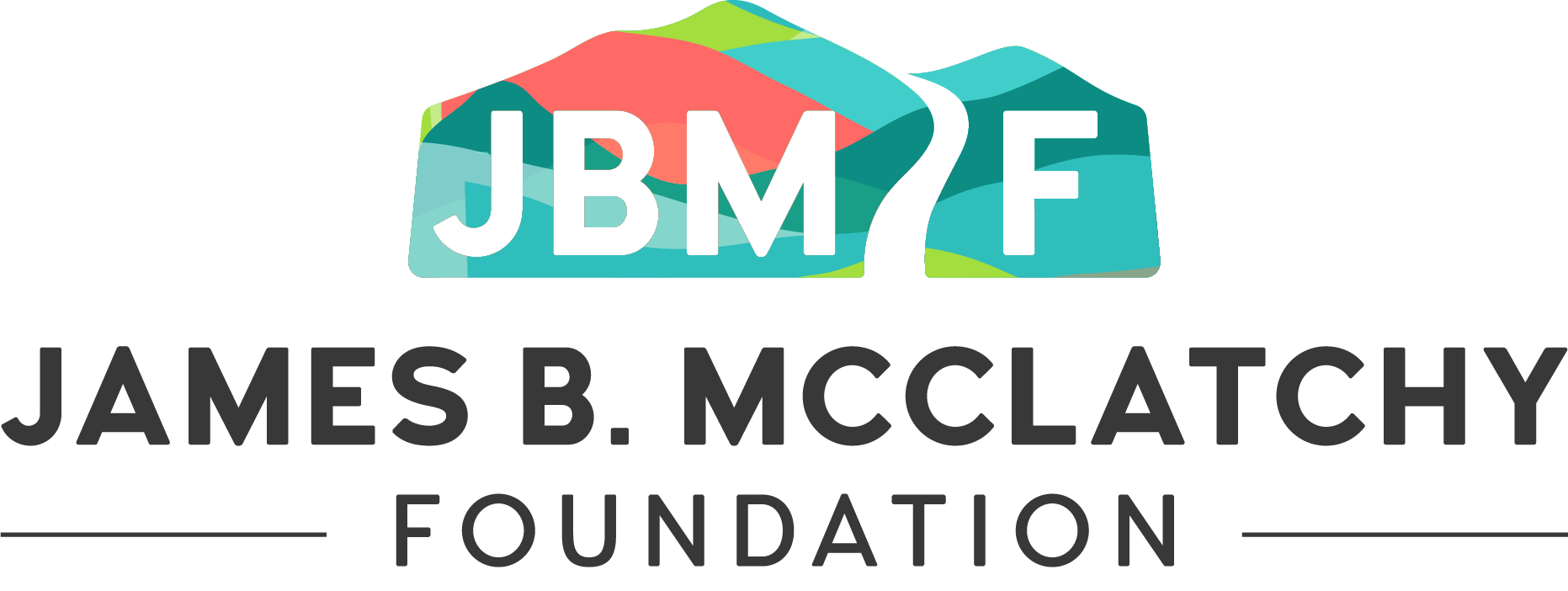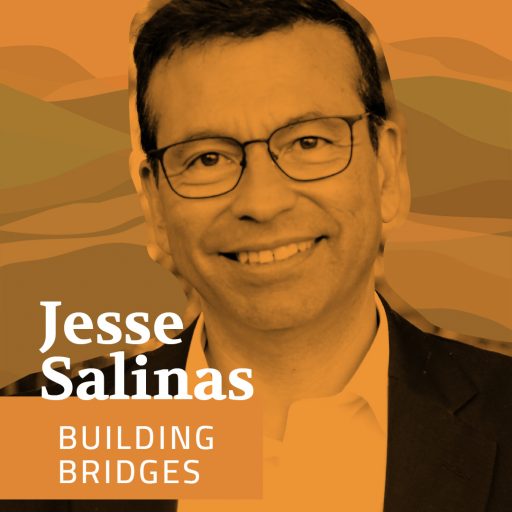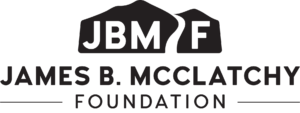Yolo County ACE is the integrated department of the Assessor/Clerk-Recorder/Elections offices. Jesse helps lead the Yolo County Youth Civic Initiative (YCYCI) which, partnering with the County Office of Education, is aimed at building youth awareness and understanding in civic engagement. This is his StoryEngine*. (Spanish Translation, Hmong Translation)
“We need leaders who have a vision that can help build bridges between communities, working together to improve what we have. We have to support those who are willing to take that courageous stand and provide a support system to give them that opportunity to be successful.”
Shaping of Purpose
My story begins in the early seventies, back in Oakland. We were a family of five that lived in a small two-bedroom home. There were a lot of things happening in Oakland during that time. There was the Black Panther movement and the kidnapping of Patricia Hearst in 1974. As a young person growing up in that environment, it was a bit surreal to know that these things were happening in our community. It was a very intense experience not just for me, but for my family. Those violent episodes were taking place just outside my house and I recall one specific incident that came right to our front door when I was nine years old.
My dad came home late one night and I woke up to a loud scream nine or 10 feet away from my bed. I looked over as the door flung open to see my mom being assaulted and my dad also being assaulted by four young men on the front porch. They were pummeling him and had a gun to his head. As a nine-year-old, you see these things happening on TV, but it’s not real until it happens to you and your family.
That was a rude awakening to violence on our front doorstep. I was lucky that both my parents lived through that. The emotional impact of seeing my mom, who I love and adore, being pummeled, and my dad being brutalized and having a gun pointed to his head as he’s being mugged, was a pretty powerful image to wake up to in the middle of the night.
Because of that incident, my dad decided that the family needed to leave Oakland. We moved to Fremont. I went from living in a very multi-ethnic environment in Oakland to just the opposite in Fremont.
In Fremont, there were women who would grab their purses and hold them tight thinking I was going to steal from them just because of the color of my skin and the strut that I walked with. This contrast to living in Oakland taught me that I was facing a different kind of struggle.
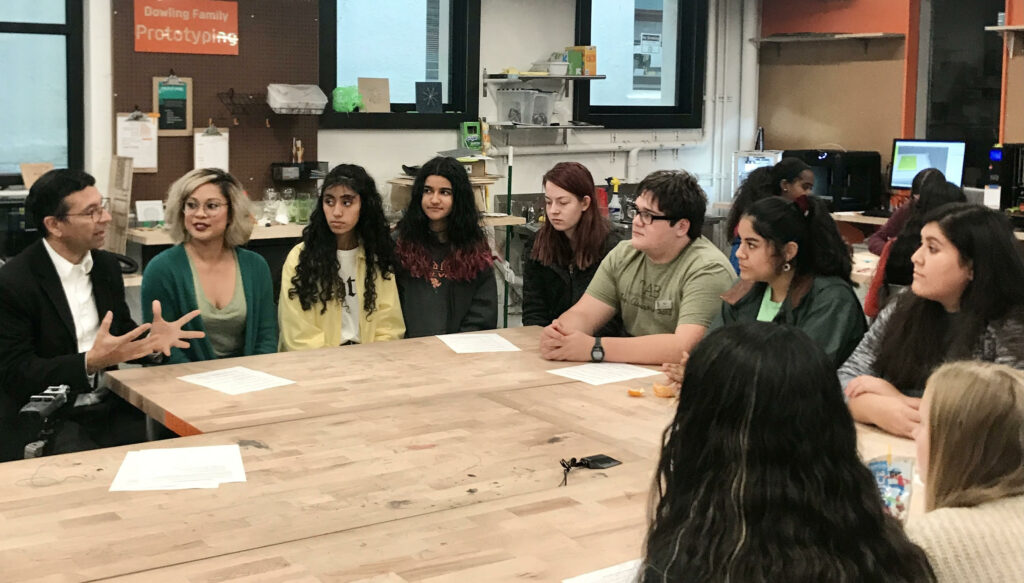
Education as a Vehicle
I came from a school in Oakland where I was a straight-A student and class president. When I transferred to Fremont, they put me in all college prep courses except for English. They looked at the color of my skin and determined that I must not be good at English because they didn’t have any kids like me in the school. By my junior year in high school, I wanted to be able to go to a UC [University of California]. I told my counselor to give me one quarter to prove myself and he reluctantly said, “yes.” [One day in class], I looked over at this student from Switzerland who was getting As. I asked him to show me how he did it. He spent four hours teaching me. I went from a C-minus to an A-minus in a matter of a month, and transformed from a struggling American Literature student to one who could hold his own, and was one of the better students in that class.
To go to a UC, I would also have to go to a community college while still in high school. The principal denied me this opportunity. My counselor told me to go to the superintendent instead, and my brother drove me to his office. When the superintendent was busy, I found the assistant superintendent, a very distinguished Black gentleman, and told him how my principal was denying my request to attend the community college while I was still in high school. He said, “How dare he take away your future,” and gave me his approval.
That was my experience early on in life. By age 18, I understood the importance of education, informing leaders about the truth and barriers I needed help overcoming, and giving young people the opportunity to be successful because I was living it.
Creating Bridges
I went off to UC Santa Cruz to study computer science because my dad said computers were the future. I was one of the few people of color going through the computer science program there.
While in college, I worked for the Educational Opportunity Program (EOP). The job allowed me to go out into the community and develop relationships across campus. I had this crazy idea to bridge the gap between all the different student unions and create a positive multicultural experience. The student groups included the Black Student Union (BSU), Asian American Student Alliance (AASA), and MEChA (Movimento Estudiantil Chicano de Aztlan). I wanted to have a gathering and a celebration. We had a multicultural dance and it was an amazing event. Afterwards, I asked them to unify on something to the next level that we could all agree on – an ethnic studies requirement. Getting these groups working together to advocate for a common cause is something I am proud to have played a small role in.
After graduating from the Goldman School of Public Policy from U.C. Berkeley and getting experience in education policy at the California School Boards Association and in the [state] Capitol, I transitioned to the nonprofit world for eight years and then back to local government. This is how I ended up working in Yolo County, where I have lived for over 25 years.
My journey started way back when I understood at an early age how violence can impact your life, why it exists, and how detrimental and disruptive it can be. The best way to help folks struggling with daily survival issues is to bridge that gap through listening and providing opportunities that will break down barriers so that they can be successful.
I now find myself in this job where I’m looking for ways to inform people, break down barriers and help them to be engaged in our society in a positive way.
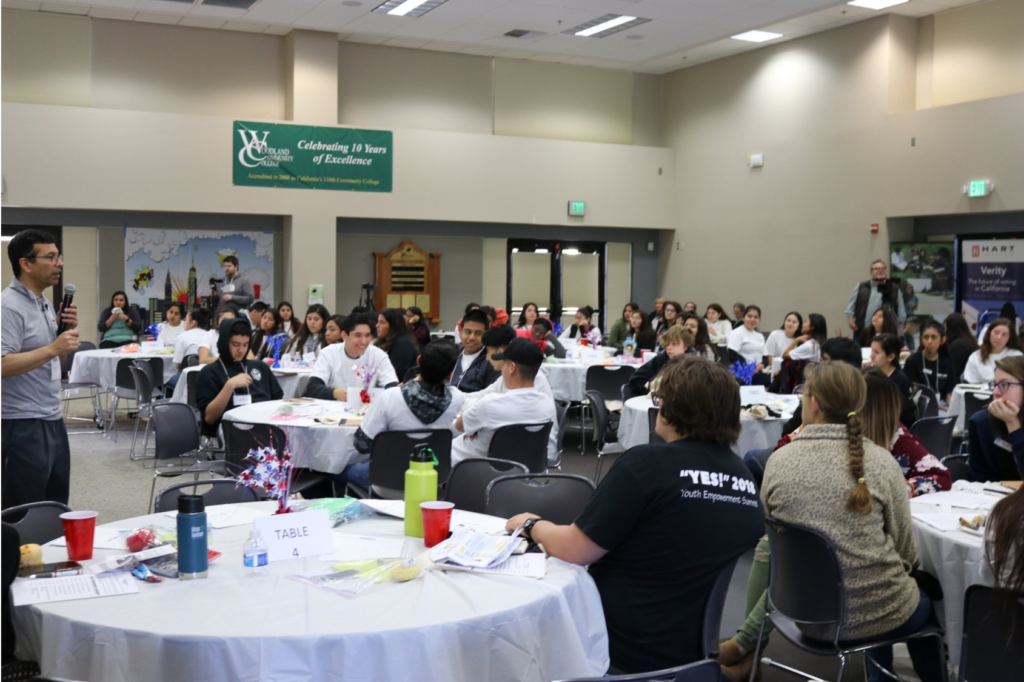 As a Chief Elections official overseeing elections, I deal with misinformation on a regular basis. It’s actually disinformation which is more malicious in its intent. It’s upsetting because when we go back to what took place on January 6th, it is a major awakening for our society to think that there are people who can lay siege to our nation’s Capital. We as a society need to reflect on the level of anger that exists out there, how such a siege could ever be considered acceptable and not seen as incredibly damaging to our society and our democracy.
As a Chief Elections official overseeing elections, I deal with misinformation on a regular basis. It’s actually disinformation which is more malicious in its intent. It’s upsetting because when we go back to what took place on January 6th, it is a major awakening for our society to think that there are people who can lay siege to our nation’s Capital. We as a society need to reflect on the level of anger that exists out there, how such a siege could ever be considered acceptable and not seen as incredibly damaging to our society and our democracy.
It’s important for us to help educate and teach people how to be well-informed and not just hear one side. We should instead challenge ourselves to hear another view that may make us a little uncomfortable.
I think about those young people who attacked my parents and realize they chose a different path that was not the right path.
What can we do to provide information that empowers people and helps them understand there’s a better way to evolve our society that’s more empathetic and caring? I don’t care if you’re far left or far right. Everybody’s got struggles that they’re dealing with. How do we come together to bridge those gaps?
Grounded in Faith and Family
I was raised by my mom to be a man of faith. It’s an important part of who I am, and it gives me that moral compass to keep me focused on what’s important and to try and make sure that I do something to make a difference where I can.
I love being with family and being around my kids. The people you love are always special. Going back to my roots and family is what makes me joyous and brings fond memories. Sometimes where I find the most peace is that quiet time when I’m in prayer and just trying to listen to God.
I’ve been very blessed with an amazing professional career and tremendous support and opportunities, but it hasn’t always been easy. People don’t understand the struggles I’ve gone through personally that have taken place behind the scenes. There have been many times I’ve been the last one to lock up at night. I didn’t get into this position until I was in my fifties and that was a long journey to get here.
When I was appointed into office, it was surreal. When I got elected into office with 70% of the vote, it felt great because it validated the work that I have been doing. I’m grateful that people appreciated all the hard work and good changes that have been made.
I told [the Board of Supervisors] that if they appointed me, they would get excellence with integrity. I believe I am fulfilling that commitment after five years in this position. I’m both proud and humbled by the amazing staff and organization I am privileged to lead. I take great joy in having a very diverse and talented staff, and it’s wonderful to see them perform at such a high level every single day.
If you had told me ten years ago that I would be an elected official, I would never have believed it. To have my kids call and family congratulate me and be so excited on election night, and to have my wife of more than 35 years there supporting me – that was truly a highlight in my life. That moment was the culmination of a lot of things that have happened throughout my life and in my career.
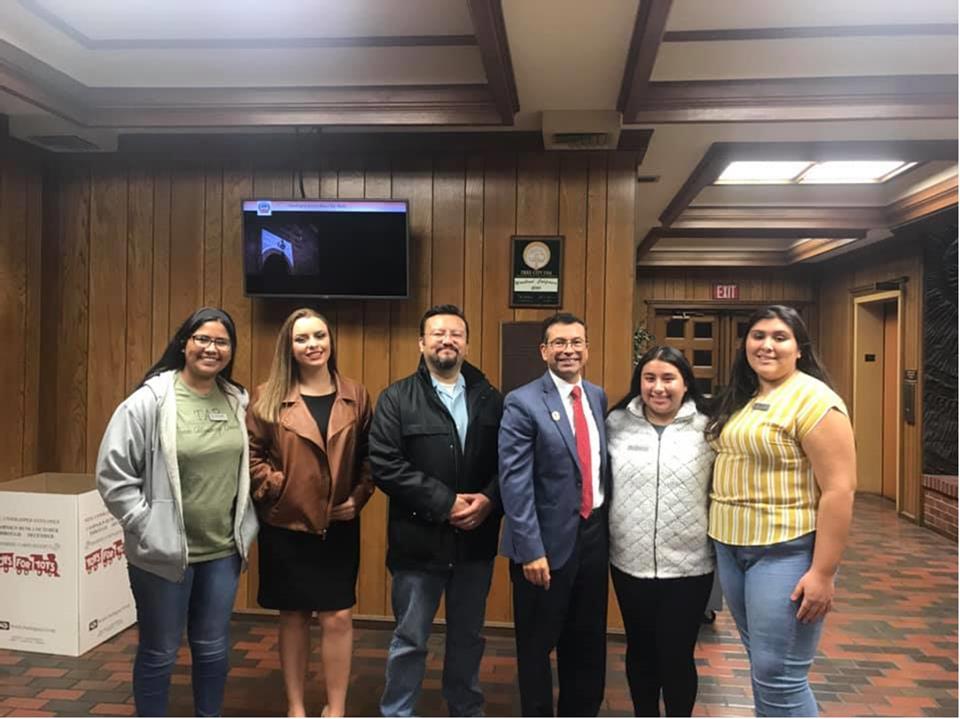
Optimism and the Future of the Central Valley
Central Valley for me runs from the greater Sacramento region all the way past Fresno. We have rural and suburban communities, and a little bit of the urban flare too. Sacramento County is one of the most diverse counties in the entire United States. There’s an incredibly multicultural feel in the region, which is one of the reasons I put down roots in the greater Sacramento area. My wife is Asian American so we wanted to make sure to raise our family valuing different cultures, especially their own.
I see [Central Valley] as an open frontier. There are so many things that are still possible. The new awakening is the power of community involvement. You can go back to the days of Cesar Chavez when he gathered people together and had a movement in a peaceful way, or the work of Dr. Martin Luther King, Jr. There are leaders who have gone before us whose shoulders we stand on. They’ve laid the foundation and we have to figure out how not to forget that, and to build upon what they’ve started.
We can really mold the Central Valley into something pretty special, but we need leaders to do that who have a vision that can help build bridges between communities, working together to improve what we have currently. We have to support those who are willing to take that courageous stand and provide a support system to give them that opportunity to be successful. We have to find those touchstones that we agree on to do that. And we have to be open to having those difficult but important conversations if we are ever going to build those important bridges in our communities that will bring people together.
The Yolo County Youth Civic Initiative (YCYCI) is developing a curriculum to help educate young people on the importance of voting and participating in the election process, and how to get civically engaged. I see it becoming a statewide and possibly national model for civic and media literacy for young people.
I think about a friend of mine who grew up in the Central Valley. He helped kickstart UC Merced, then went on to do his Ph.D. at Stanford and became Fresno State’s chancellor. He is now the first-ever Latino Chancellor of the CSU system, and he grew up in Hanford, which was his hometown. His journey reflects what is possible in the Central Valley.
It doesn’t matter what your race or ethnicity is, it’s about the quality of the work and your commitment to integrity and excellence. It is a value statement that I try to share whenever I can. If we can create effective support mechanisms for people, we can help them to have a better life and make an impact, not just in their own life, but in the community.
*This story was produced as part of the Lifting Local Leaders storytelling program launched by the James B. McClatchy Foundation. “LIFT” references the inaugural pilot grantmaking program. These stories are guided by the StoryEngine methodology, an open-source, narrative-based, data collection tool developed by Loup Design.
Published on the James B. McClatchy Foundation website using the Creative Commons License https://creativecommons.org/licenses/by-nc-nd/4.0/ : Attribution-NonCommercial-NoDerivatives 4.0 International (CC BY-NC-ND 4.0)
